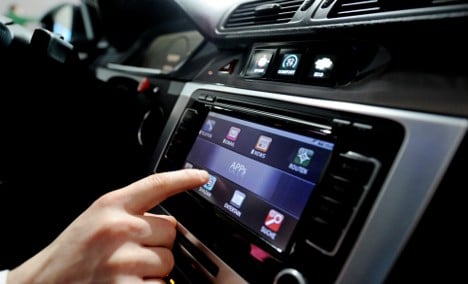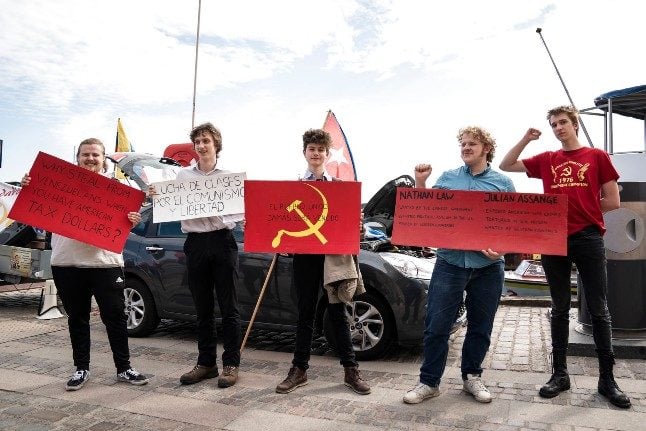“Supply difficulties or sharp price increases for these metals affect the competitive position of our companies,” the head of the German auto federation VDA, Matthias Wissmann, told AFP on Monday.
“That is why we need a strong commitment by political leaders in charge of the question to be assured of the raw material’s availability,” he added.
Klaus Mittelbach of the ZVEI federation of electronic industries said that “development of the market has become critical as a result of restrictions of Chinese exports.”
Germany adopted measures last week to ensure industrial groups would have access to such materials, around 97 percent of which are now produced by China.
Two thirds of the global reserves of rare earth elements, used to make cars, computers and flat-screen televisions, are located outside China however.
The world’s leading auto parts group Bosch, which uses some of the elements to make electric motors, said it was “vital to continue to secure the availability” for the next decade.
“It is thus necessary to tap unexploited reserves” outside China, a Bosch spokesman told AFP, especially as companies seek to develop electric cars.
“If the move toward electro-mobility is not to be delayed, this means investments now,” he said.
A spokesman for Europe’s biggest auto manufacturer, Volkswagen, said it “is watching rare earth markets and trends carefully to be able to react as early as possible if need be.”
“If there were to be a shortage for geopolitical reasons, we see ways to compensate in the form of new mining projects in Australia or Vietnam,” the VW spokesman added.
The father of Chinese economic reforms, Deng Xiaoping, once compared China’s rare earths to the Middle East’s oil, and critics increasingly accuse Beijing of emulating the 12-member OPEC cartel.
China has cut rare earth exports by five to 10 percent a year since 2006 as demand and prices soar.
VW uses limited quantities of such materials now but they “constitute a basic element for certain technologies in hybrid or electric cars,” the spokesman said.
He pointed to Neodymium, which is used to make electric motors.
Other rare earth elements like Europium, Lanthanum, Samarium, Scandium and Yttrium are used to make TV screens, mobile phones, fibre optics, X-ray machines, lasers and mercury-vapour lamps.
AFP/ka



 Please whitelist us to continue reading.
Please whitelist us to continue reading.
Member comments